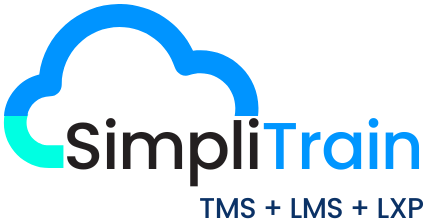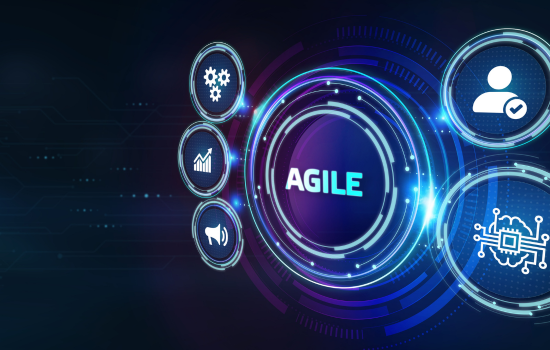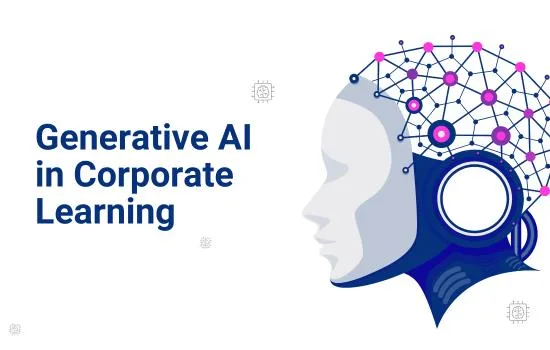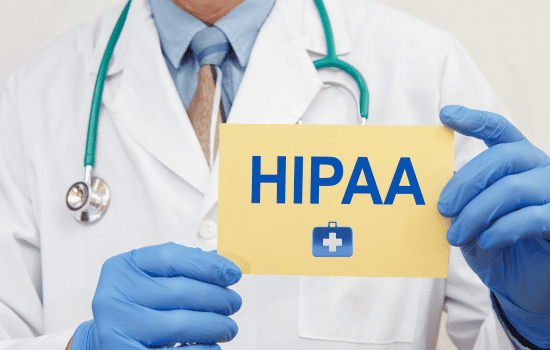12 Essential Features to Look for in a Healthcare Compliance LMS
Discover the key elements that make a Learning Management System effective for healthcare compliance training.
In the highly regulated world of healthcare, compliance training is not just a necessity—it’s a critical component of patient safety, data security, and legal adherence. Selecting the right Learning Management System (LMS) for your healthcare organization can significantly impact how effectively you train your staff and meet regulatory requirements.
As Dr. Susan Thompson, a healthcare compliance expert, states:
“An effective LMS is the backbone of a healthcare organization’s compliance strategy, ensuring that every team member is informed, trained, and aligned with the latest regulations.”
Here are the 12 key features to consider when choosing an LMS for compliance training in healthcare.
1. User-Friendly Interface
An intuitive and easy-to-navigate LMS ensures that both trainers and learners can focus on the content rather than struggling with the platform.
- Simplified Navigation: Reduces training time and increases engagement.
- Accessible Design: Caters to users with varying levels of technical proficiency.
2. Customizable Content
Healthcare regulations frequently change, and your LMS should adapt accordingly.
Tailored Training Materials: Customize courses to fit your organization’s specific compliance needs.
Easy Updates: Quickly modify content as policies and regulations evolve.
3. Compliance Tracking and Reporting
Robust tracking features are essential for monitoring progress and demonstrating compliance.
- Progress Monitoring: Keep track of employee completion rates and assessment scores.
- Audit Readiness: Generate detailed reports to satisfy regulatory inspections.
4. Assessment and Certification Tools
Evaluate understanding and provide proof of compliance.
- Quizzes and Exams: Test knowledge retention effectively.
- Certification Issuance: Automatically generate and award certificates to learners upon successful course completion.
5. Mobile Accessibility
A mobile-friendly LMS allows employees to access training on the go.
- Flexible Learning: Enables staff to complete courses anytime, anywhere.
- Higher Completion Rates: Convenience leads to timely course completion.
6. Integration Capabilities
Seamless integration with existing systems enhances efficiency.
- HR Platforms: Sync employee data for streamlined onboarding and training management.
- Electronic Health Records (EHR): Integrate with EHR for a cohesive data ecosystem.
7. Content Library
A rich library of pre-approved courses saves time and ensures quality.
- Regulatory Compliance Courses: Access to courses on HIPAA, OSHA, and other essential regulations.
- Variety of Formats: Includes videos, interactive modules, and written materials.
8. Engagement Features
Interactive elements make learning more engaging and effective.
- Gamification: Enhance learner motivation through badges, points, and leaderboards that reward progress and achievement.
- Discussion Forums: Encourage collaboration and knowledge sharing among staff.
9. Notifications and Reminders
Automated alerts keep everyone on track.
- Course Deadlines: Remind employees of upcoming due dates.
- Certification Renewals: Notify staff when it’s time to renew credentials.
10. Security and Data Privacy
Protecting sensitive healthcare data is non-negotiable.
- Regulatory Compliance: Meets standards like HIPAA and GDPR.
- Data Encryption: Safeguards personal and health information.
- Access Controls: Role-based permissions to restrict data access.
As cybersecurity specialist Michael Reynolds emphasizes:
“In healthcare, securing patient data isn’t just best practice—it’s a legal requirement that protects both patients and providers.”
11. Analytics and Insights
Advanced analytics help you measure training effectiveness.
- Performance Metrics: Evaluate engagement levels and identify areas for improvement.
- ROI Tracking: Assess the impact of training on organizational performance.
12. Support and Resources
Reliable support ensures smooth LMS implementation and operation.
- Customer Service: Access to expert assistance when needed.
- Training Materials: Tutorials and guides to help staff utilize the LMS effectively.
- Continuous Updates: Regular system enhancements based on user feedback.
Conclusion
Choosing the right LMS for healthcare compliance training is a strategic investment in your organization’s future. By focusing on these key features, you can select a system that not only ensures regulatory compliance but also enhances learning and contributes to improved patient care.
Ready to Transform Your Compliance Training?
Discover how SimpliTrain LMS offers all these features and more, providing a comprehensive solution tailored to the unique needs of the healthcare industry.










